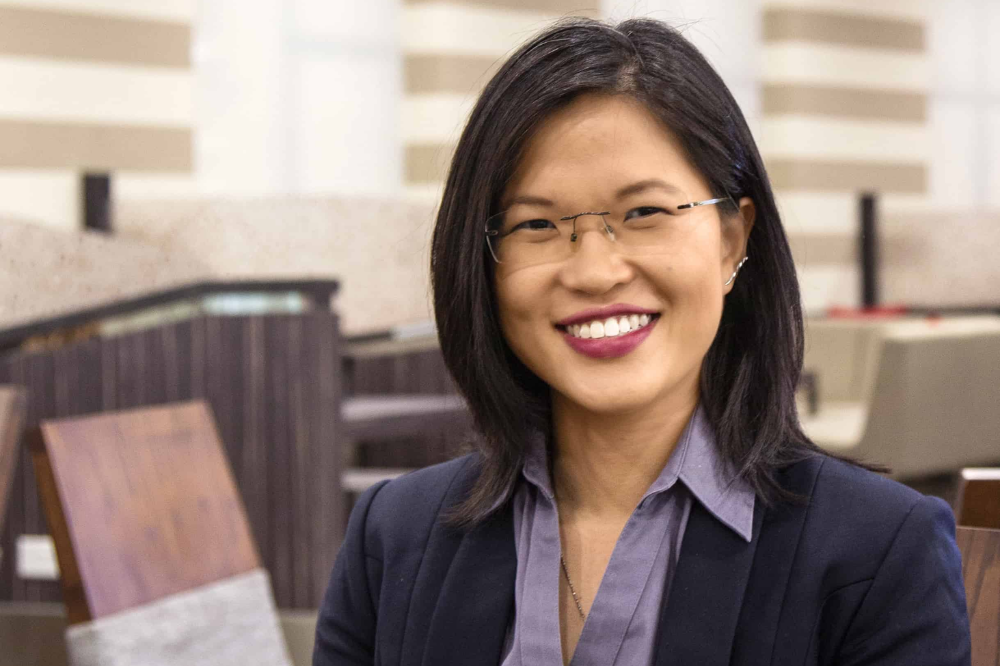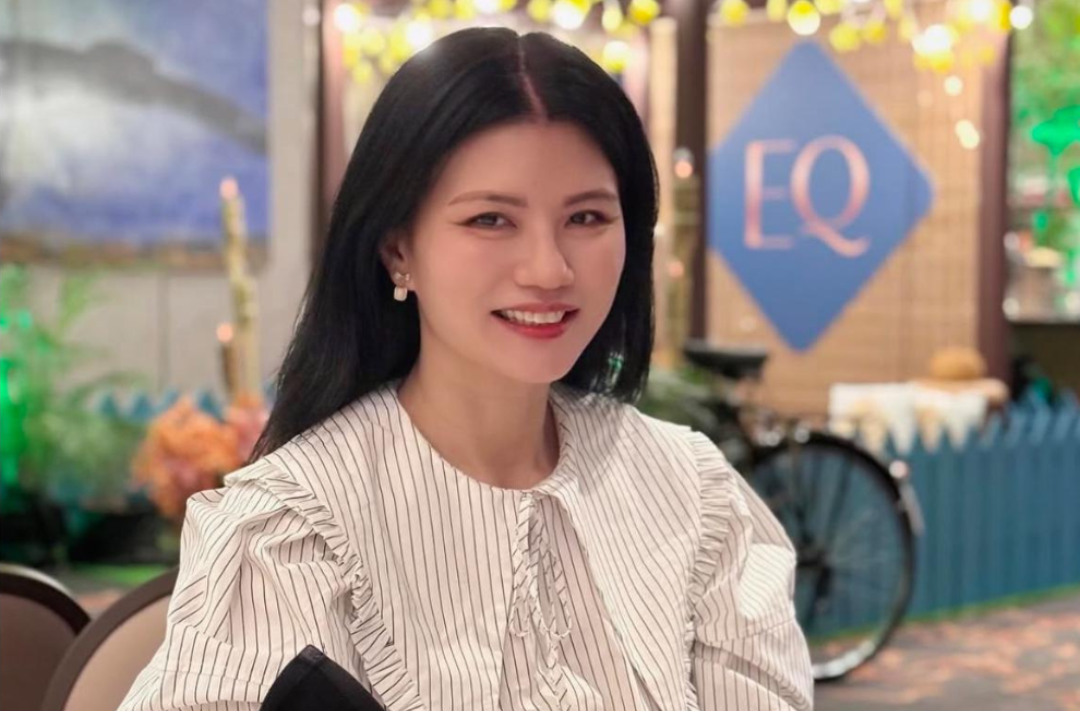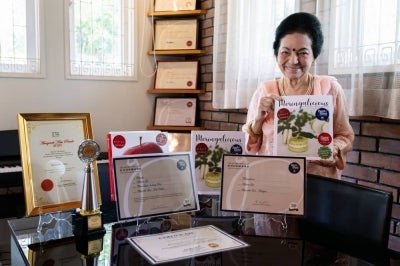Dear mums: You don't owe social media a perfect life
Motherhood isn't about perfection - it's about love, mess, and everything in between.

Once upon a time, motherhood unfolded behind closed doors - raw, real, and rarely Instagram-worthy. But in today’s hyperconnected world, parenting has been swept into the digital current, where milestones are measured not just in baby’s first words, but in followers, filters, and likes. Social media has become the new baby book, and for many mothers, the pressure to post and to perform - has never been more intense.
From beautifully curated lunchbox reels to nursery tours worthy of interior design awards, the online portrayal of motherhood often paints a picture that is polished, aspirational... and at times unrealistic. While sharing these moments can be joyful, experts warn of a darker side: a silent mental toll on mothers who constantly measure themselves against the glossy, curated feeds of others.
Clinical psychologist and Relate Malaysia president Dr Chua Sook Ning notes that beneath every “perfect” post lies a very human story—one that often includes chaos, exhaustion, and doubt. And it’s this disconnect between perception and reality that can leave mothers feeling less than, despite doing more than enough.
"Several studies have shown that parents who engage in social comparison on social media tend to feel less competent, more anxious and envious of other parents who seem to be 'perfect' as a result. Over time, this can erode a mother's confidence in her own parenting, contributing to self-doubt and feelings of inadequacy or shame," she said when contacted by Sinar Daily.
She urged not to fall into the rabbit hole, especially when one is aware that they are amidst feelings of vulnerability and overwhelm. She revealed that the curated nature of online content often masks the full reality of parenting, making it easy for the audience to forget that what is being shared is only a "highlight reel."
"Online, people often show the best—and often carefully crafted—snapshots of their lives, not their reality," she said.
This pressures mothers to present a polished version of motherhood, further discouraging honest conversations about struggle that are essential in order to foster connection, support and emotional resilience.
Chua said that it is essential to remember that no one is living a perfect life, and that perfect parents do not exist.
"If you find yourself constantly measuring up against others—especially on social media—it might help to take a step back," she said, adding that it would be important to further cut down screen time or shift attention to content that is not centred on parenting as a form of digital detox.
"That said, social media isn’t all bad. It can also be a place for real connection and support. The key is to use it to connect, not compare," she added.
Chua shared that among the ways to help cope with the overbearing emotional impact of online comparison would be therapy, which offers a space for a psychologist to offer support in understanding why the comparisons feel overpowering, often contributed to unaddressed underlying needs or insecurities that affect self-perception and emotional well-being.

"Through this process, you will work on managing these feelings more effectively and developing healthier, more self-compassionate ways of engaging with both social media and your own parenting experience," she said.
Chua further emphasised that mothers should not feel compelled to prioritise their families at the expense of their own well-being—especially when doing so is driven by the pressure to portray a self-sacrificing narrative on social media.
"That framing is not fair or helpful for mothers. Mothers, like anyone else, are allowed to have moments of rest, connection and personal interest that exist outside of family life," she stressed.
When social media is being utilised properly, she said that it could be a source of support, a creative outlet or a way to stay connected with friends, bringing light relief.
"Rather than judging where a mother's attention should be, it is more constructive to ask whether her digital habits are helping or hindering her well-being," she emphasised.
Chua highlighted that the goal of criticising mothers should never be to impose guilt or pressure, but to encourage self-awareness and freedom of choice.
Echoing a similar sentiment, momfluencer Rane Chin, with a following of over 20,000 on Instagram, said that her community has the power to reshape the culture of motherhood on social media in line with evolving times.
She emphasised the importance of maintaining honesty through the sharing of genuine reflections on the emotional and physical demands of parenting to "keep it real" as a way of engaging with followers in a relatable manner.
She said that she could relate to the pressure to maintain an illusion of perfection, which could be emotionally draining and misleading.
"To address this, I think that influencers should balance their content with unfiltered, real-life moments, aligned with my initial stance on how mothers should always keep it real on social media," Chin said.

She urged social media experts to guide influencers in crafting content that feels both relatable and realistic while in tune with their taste for aesthetics, helping them strike a balance between audience expectations and authenticity.
"By leading through example and openly acknowledging the struggles of parenting, mom influencers can create a more inclusive and judgment-free online space," she shared.
She added that influencers and social media experts need to work together to normalise the "messy, chaotic" realities of motherhood.
"Doing so can foster healthier digital spaces and support the mental well-being of their followers with their advocacy for better mental health," Chin said.
Download Sinar Daily application.Click Here!















